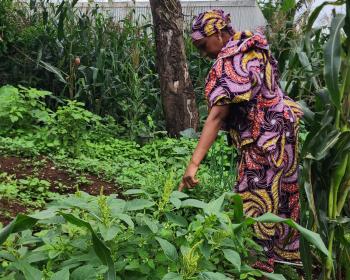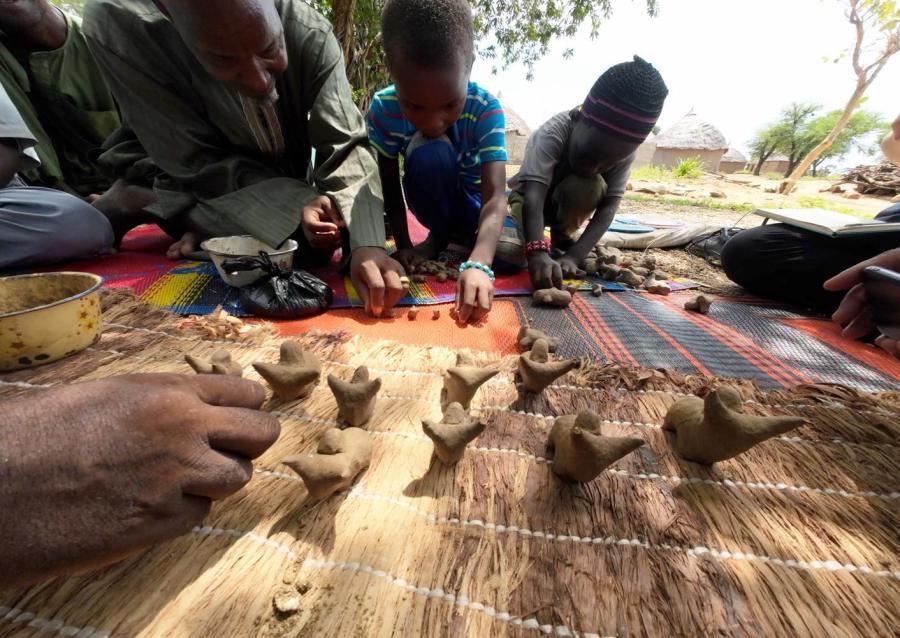On June 6th, the World Bank approved funding for a $3.5 billion dollar project enabling oil exploitation in Chad and Cameroon. The project includes the construction of 3 oil fields in the Doba Basin of southern Chad, with oil production estimated at 225,000 barrels per day. Once the oil is extracted, it will be transported through a 600 foot-wide pipe crossing Cameroon. An international consortium composed of large oil corporations like Shell, Elf, Agip, Exxon Mobil, and Chevron initially backed the project. After learning of the numerous expected environmental and social consequences, however, Shell, Elf, and Agip pulled out, leaving $300 million invested by Exxon Mobil and Chevron.
Among the social consequences of this development are the effects it will have on the Bagyeli "Pygmies" (roughly 100,000 in number) of the region. The construction of the pipeline will entail forced resettlement as the animals the Bagyeli hunt are driven away, the land they live on is destroyed, and their groundwater is contaminated. The Bagyeli maintain that they were not properly informed or consulted at the project's outset -- not surprising given the years of discrimination against the Bagyeli.
This past spring, Jacques Ngoun, a representative of the Bagyeli, and Didier Amougou of the Cameroonian NGO Planet Survey embarked on a tour of seven countries to raise awareness within the international community of the pipeline's consequences. Their efforts led to the World Bank's decision to establish an independent monitor, but failed to halt the project altogether.
The World Bank insists that the construction of the pipeline will generate revenue and royalties for both Chad and Cameroon. However, the governments of these countries have histories of financial mismanagement and human rights atrocities. It seems likely that the $192 million World Bank dollars earmarked for the project will not be used to improve education, health, or environmental protection, but rather to profit corrupt officials and foreign business.
Article copyright Cultural Survival, Inc.



